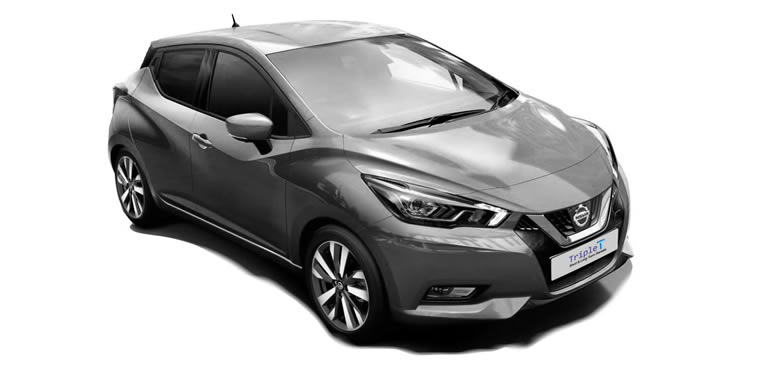History of the internal combustion engine
Internal combustion engines provide outstanding drivability and durability, with millions of vehicles around the world relying on them.
These internal combustion engines varies in size from 1 cylinder, 50cc motorbike engines to massive V 12 and V 16 truck and bulldozer engines as well as aero plane engines.
The internal combustion engine can be found in a large variety of configurations since it was first developed back in 1880, almost 150 years ago.


How does an internal combustion engine work?
Combustion, also known as burning, is the basic chemical process of releasing energy from a fuel and air mixture. In an internal combustion engine (ICE), the ignition and combustion of the fuel occurs within the engine itself.
The engine then partially converts the energy from the combustion to work. The engine consists of a fixed cylinder and a moving piston.
The expanding combustion gases push the piston, which in turn rotates the crankshaft. Ultimately, through a system of gears in the powertrain, this motion drives the vehicle’s wheels.
2 Types of internal combustion engines
There are two kinds of internal combustion engines: the spark ignition (gasoline engine) and the compression ignition (diesel engine.)
Most of these are four-stroke cycle engines, meaning four piston strokes are needed to complete a cycle. The cycle includes four distinct processes: intake, compression, combustion and power stroke, and exhaust.
Spark ignition gasoline and compression ignition diesel engines. These 2 types differ in how they supply and ignite the fuel.
In a spark ignition engine, the fuel is mixed with air and then inducted into the cylinder during the intake process. After the piston compresses the fuel-air mixture, the spark ignites it, causing combustion. The expansion of the combustion gases pushes the piston during the power stroke.
In a diesel engine, only air is inducted into the engine and then compressed. Diesel engines then spray the fuel into the hot compressed air at a suitable, measured rate, causing it to ignite.

How the car engine works
The internal combustion engine
CALL ME BACK
CALL


















